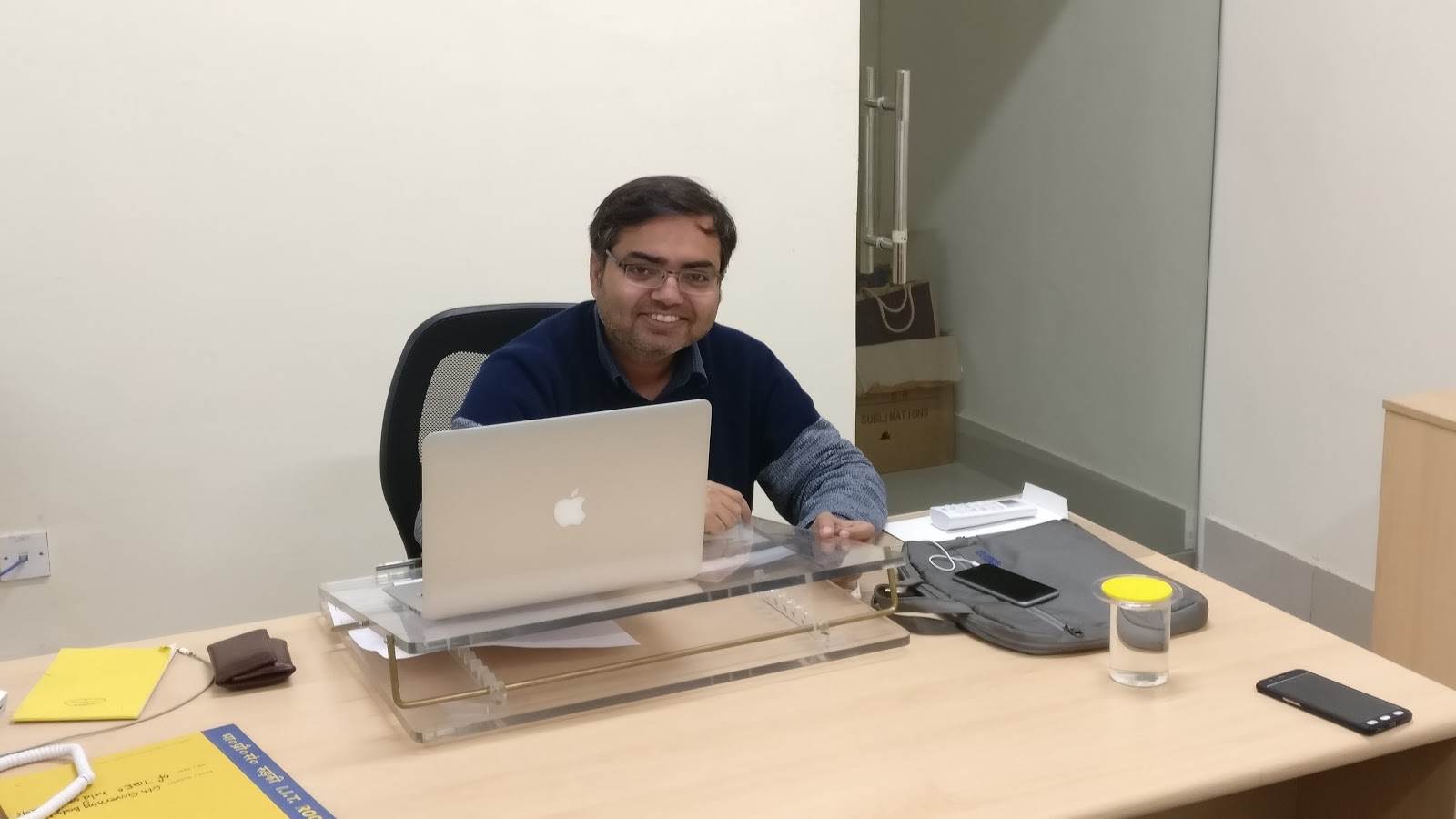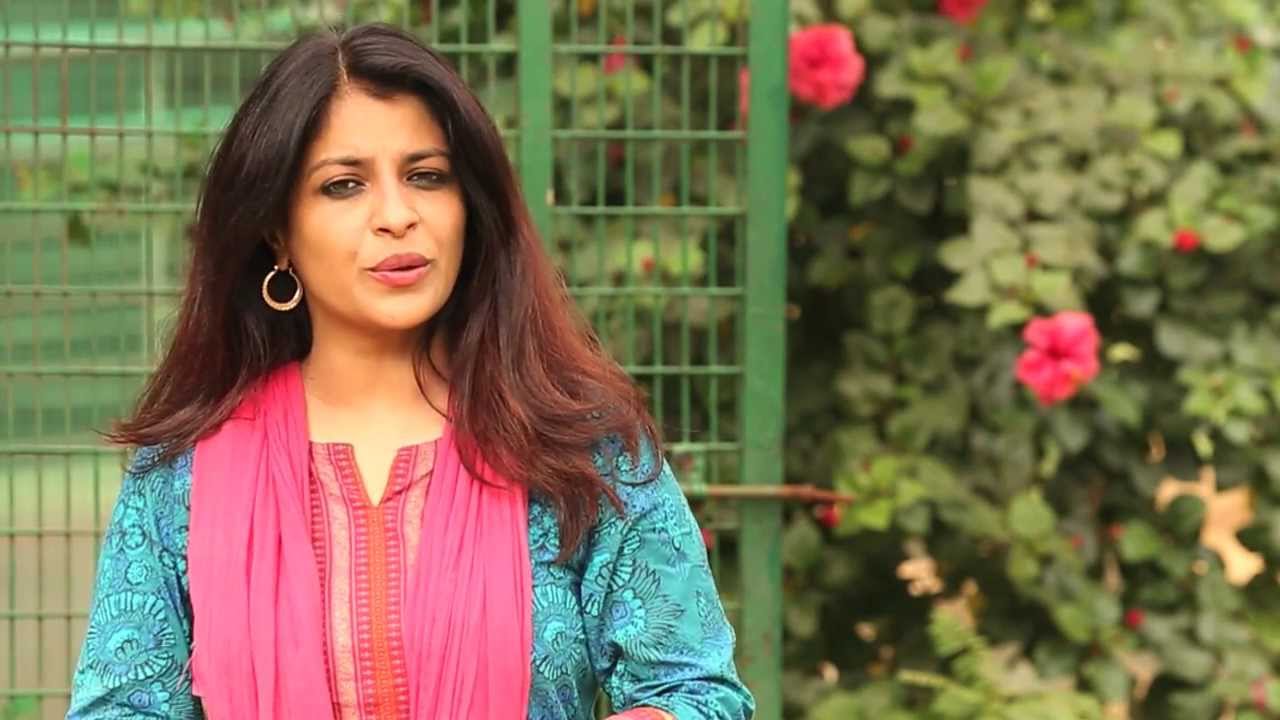

Body of IITR

On the first day of Thomso, curtains of the Mac Auditorium rose to a guest lecture by journalist-turned-politician Shazia Ilmi. She has been the spokesperson and media strategist of the India Against Corruption Movement, and later, the Aam Admi Party. Currently she sides with the BJP after relinquishing her membership of AAP in 2014.
Shazia Ilmi was born an activist at heart. She spoke at length of her journey from a journalist to a politician in the pursuit of bringing about the transformation so that the next generation doesn’t have to face the same obstacles as she did. She tenaciously upheld her motion against sanctimonious gender biased prejudices that proliferate the country as of today. She spoke vociferously about her fight to obliterate the deep rooted hegemony in the Indian political system. Although the speech skimmed over a rather diverse set of subjects, she did manage to encourage many to get up on their feet to join the uphill battle. After the lecture, WatchOut! got the opportunity to interview this strong lady and ask her more about her unfaltering will for change and her aspirations.
WONA- What motivated you to become a journalist? What was that one defining moment?
Shazia: There were several actually. My father wanted me to prepare for IAS, but I wanted a form of self-expression. I wanted to change the system, not be a part of the system. I felt media would give me a better chance to do that. At least, that was the belief I had when I was twenty. As a woman it was an ongoing battle, a daily struggle with my situation. It is the way women are looked at, how they are perceived, the roles that society assigns them, I was fighting it every day.
WONA- In the past 5 years of your life, what are the changes that you have encountered career wise and as a person?
Shazia: Oh, Huge! For almost a decade I worked as a journalist, reporting every day, but now that I look back, I really did not know anything about the way the system works: Electoral politics, how the thaanas work, the different roles of the judiciary executives. My understanding became so much sharper after I jumped into Anna Hazare’s movement. I have begun to understand our country much better. My understanding deepened and my cynicism grew. I realized that connecting with people is very important. Earlier I had a very limited view of my own life but the whole world seems like my family now. It’s a huge connectivity with the masses that I feel. I feel much more confident now. My inhibitions have lessened in general.
WONA- What were the additional things that you felt you could achieve as a politician, but not as a journalist or a civilian?
Shazia: I felt I had a very limited role as a journalist, so I actively took part in Anna Hazare’s civil movement. Later I felt that the real changes are to be made in the parliament. The legislative work is over there. As a civil rights activist all you can do is protest, but the real change happens when a bill becomes an act and when it’s enforced. So unless and until you get inside the system, you cannot change the system. You can either offer help or become a part of the system and impact it. Just asking questions from outside without any means to actually effect change is not going to bring any reform. When I left Aam Aadmi party, I thought of going back to media, but I just didn’t feel like it. There is a very close link between politicians and media. In fact, some of the top politicians pull all the strings in media. It was indirect politics there. So I thought I might as well join politics directly.
WONA- What do you say about the current state of media in India?
Shazia: Ah! I think it has done a lot of good work but it needs a lot of maturing. It is too TRP driven. In fact, they showcase an over sensationalized version of the story. So the real substance gets lost. It’s meaningless trivia and has become all too hysterical. For instance, during the riots, the warped up version of events that were being aired was very dangerous. I think media should have played a more responsible role than they did.
WONA- On a different note, do you identify yourself with any eminent personality, historical or present, in your struggle against corruption and social injustice?
Shazia: I am extremely inspired by Mahatma Gandhi. I read a lot of Vivekananda. They are my role models. When I went to South Africa, I came to know more about Nelson Mandela, how he lived, and retained his compassion in those conditions. I am also a big believer in Sufi philosophy. I went all the way to Turkey, to the Halicarnassus Mausoleum, that’s when I felt like I really understood the meaning of love and philosophy. I believe in all religions, I do a lot of meditation and that keeps me in touch with my spiritual side.
WONA- Coming back to the social biases you spoke about earlier, how do you propose we should deal with these biases?
Shazia: First of all, we can’t expect all the change to come from the government. Who makes a government? Who are politicians? They are as human as every one of us! We as society have to go through a tectonic shift in our thinking. To improve society the actual change should happen in the daily dialogue, in the conversations in classrooms, colleges and marketplaces. You can’t possibly imagine that a magical act will be passed in the parliament and the society’s condition will improve overnight. The change has to come from within, conversations in houses should change, syllabi in schools should change. The whole society has to change to be less corrupt, to be more respectful towards women, to be better to the marginalised sections of society, to create a more equitable attitude. What I mean to say is that we have to start with ourselves because the real change will only come by ourselves. There is this slogan of the International Labour organization “Poverty anywhere is a threat to prosperity everywhere. “I feel one day we’ll reach our breaking point, the society will say that enough is enough, no more running away, and then we will have to change because we ourselves will be threatened by this attitude.
WONA- What is the one message that you would like to give to the student community of IIT Roorkee?
Shazia: I would like them to look at technology with vision, technology with passion, technology with service. And as I keep saying again and again: always have that fire backing you, that little energy, the guiding light. Yes, you should do what you are expected to do: make money, get great jobs, travel and work wherever. But make sure there is something else. You have to give back to the society too.